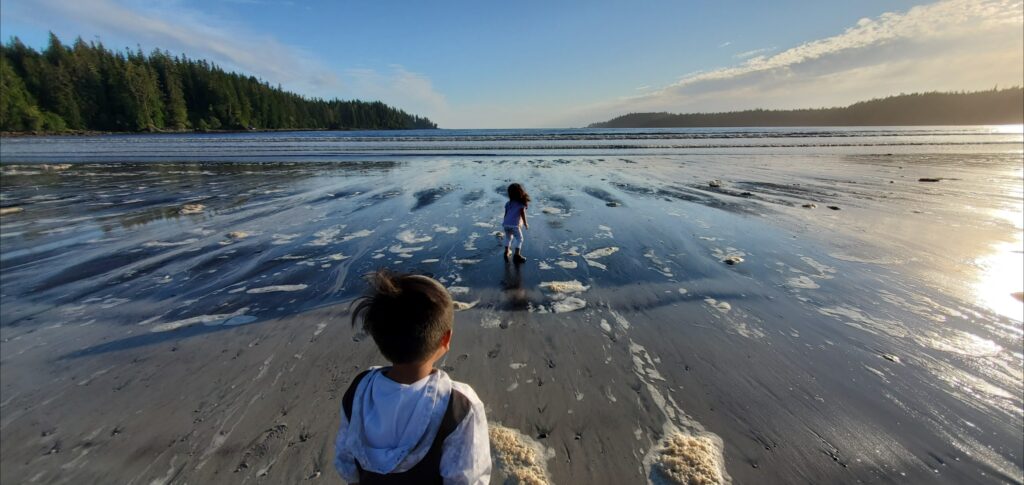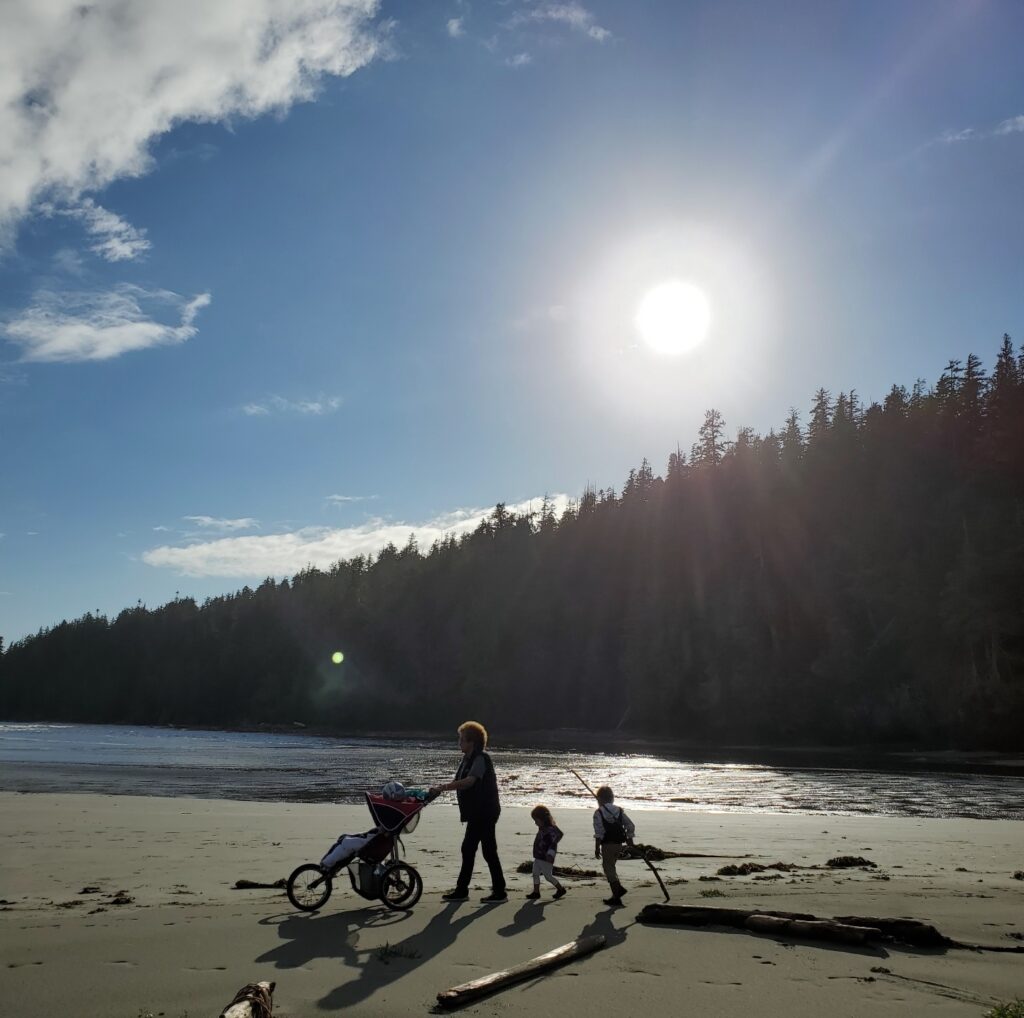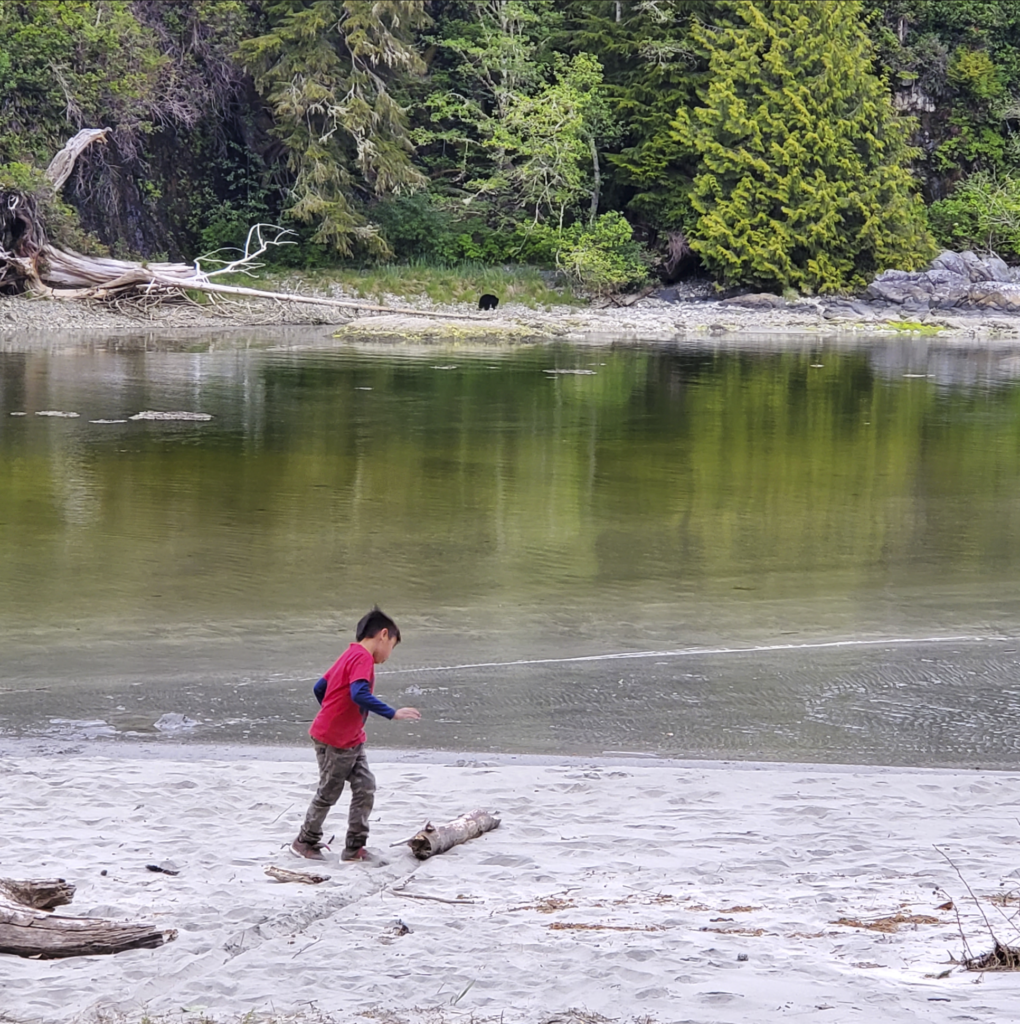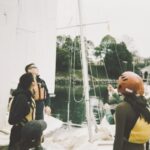
My experience with government care has had a huge impact on my self-identity, while I was in care and as I transitioned into adult life. As I recently celebrated my 29th birthday, I reflected on this topic. It is clear to me that I have developed differently than people who did not experience the hardships that come from a disconnection from their family and culture. While I do have some memories of visiting with family and cultural camps, it wasn’t as much as I had wished. Most importantly, I feel I didn’t know or understand my Huu-ay-aht First Nation (HFN) ancestry. I wish I had more one-on-one time with HFN elders and learned more stories about our land, people, and cultural practices.
When we are children, it is the responsibility of the adults around us to expose us to healthy family relationships and culture. Children do not always know how or who to connect with when separated from the important people, experiences, and ceremonies that are essential to their identity. Not only that, but children also need to understand why it is so important to have these connections.
While I am now learning and connecting with my roots as a young adult, I have also been honored to become a temporary caregiver to three beautiful Indigenous children. In recognizing the weight of this responsibility and role, I have brought them to live in their Indigenous community, to be with their family and have as much time on their lands as possible. This connection to their First Nation band, family, land, community, and culture was a huge priority I set with them. My belief is that these connections and experiences need to start at a young age, so it just becomes naturally important to them and those around them. It can be challenging to navigate and connect with your Indigenous community as you become older because of self-doubt and harmful terms and labels like “white-washed” being tossed around and used to describe people who grow up in foster care and in non-Indigenous homes.

In recent years, I have heard bits-and-pieces of my grandmother’s experience in the residential school local to the island. The more I listened and thought about the stories she shared, the more my experiences as child made sense. It was dark, learning about my parents and Grandmother’s lives. I have never really felt connected to “Canada”. Now I understand why. It has always seemed strange to me, having to identify as “Canadian”. Our families have endured extreme pain and loss before my time, and it has continued into my life in similar ways.
I am not ungrateful for the care that families put in to raise me. I recognize how big of a decision it is to bring “strangers” into your home and care for them. I had opportunities to develop skills and participate in various leadership programs, martial arts, sailing, biathlon, etc., while I was in care. I value the opportunities and experiences I got to take advantage of; however, I wish I had more of a consistent push, more guidance, and more opportunities to be with my Indigenous community as a child.
I do recognize that there have been some improvements within these care systems in recent years. I have been so inspired by the amazing teams (and allies) working with and within Indigenous communities. My recent role at IPS exposed me to research and training that I would not have discovered on my own, and for that, I am immensely grateful!




